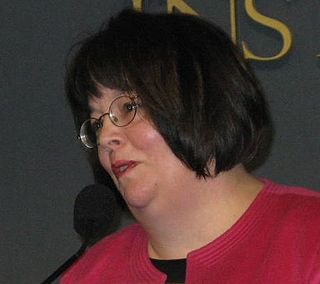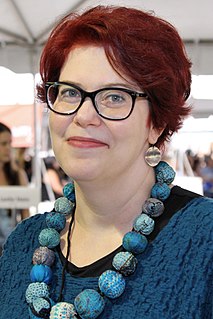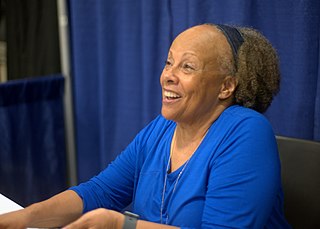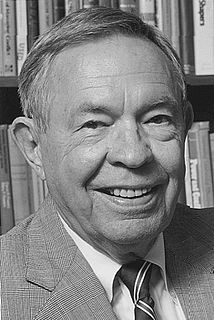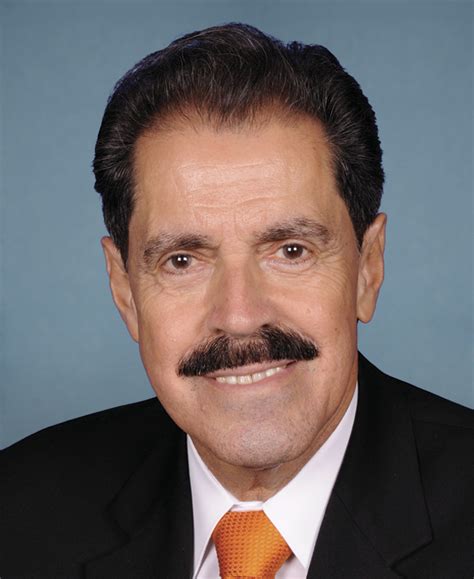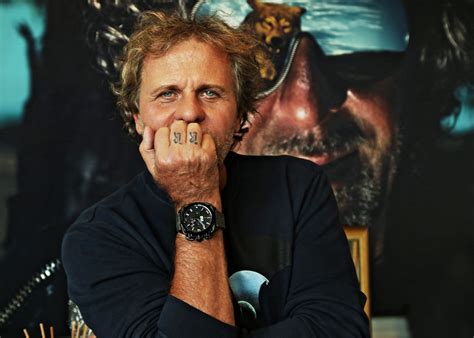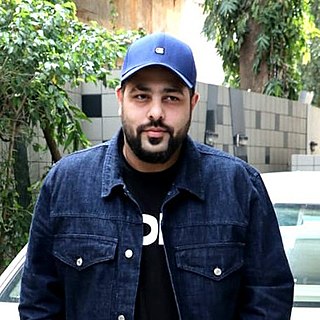A Quote by Maggie Gallagher
In the '60s, parents were told to let their teens rebel, explore their boundaries. Increasingly the same message is being given to the parents of tweens.
Related Quotes
I think it's true about people now being closer to their parents, since the '60s, really. The parents are no longer from a different planet, the 1950s ideas of American family. We could be friends with our parents. After the '60s, it wasn't like a person smoking pot was what the parents would be appalled at.
The worst was relizing that I’d lost him for nothing because he’d been rght about all of it-- vampires, my parents, everything. He’d told me my parents lied. I yelled at him for it. He forgave me. He told me vampires were killers. I told him they weren’t, even after one stalked Raquel. He told me Charity was dangerous. I didn’t listen, and she killed Courtney. He told me vampires were treacherous, and did I get the message? Not until my illusions had been destroyed by my parents’ confession.
An adolescent does not rebel against her parents. She rebels against their power. If parents would rely less on power and more on nonpower methods to influence their children from infancy on, there would be little for children to rebel against when they become adolescents. The use of power to change the behavior of children, then, has this severe limitation: parents inevitably run out of power, and sooner than they think.
Harry's status as orphan gives him a freedom other children can only dream about (guiltily, of course). No child wants to lose their parents, yet the idea of being removed from the expectations of parents is alluring. The orphan in literature is freed from the obligation to satisfy his/her parents, and from the inevitable realization that his/her parents are flawed human beings. There is something liberating, too, about being transported into the kind of surrogate family which boarding school represents, where the relationships are less intense and the boundaries perhaps more clearly defined.
Education was a given, only because of the way I was raised. Truth be told, I thought, at 15 years old, I should go and get a record deal and drop out of school, and my parents would have had none of that. I'm grateful now that my parents were pushing me in that way, because I wasn't mature enough on so many levels to do that.
My benefactor told me that my father and mother had lived and died just to have me, and that their own parents had done the same for them. He said that warriors were different in that they shift their assemblage points enough to realize the tremendous price that has been paid for their lives. This shift gives them the respect and awe that their parents never felt for life in general, or for being alive in particular.
